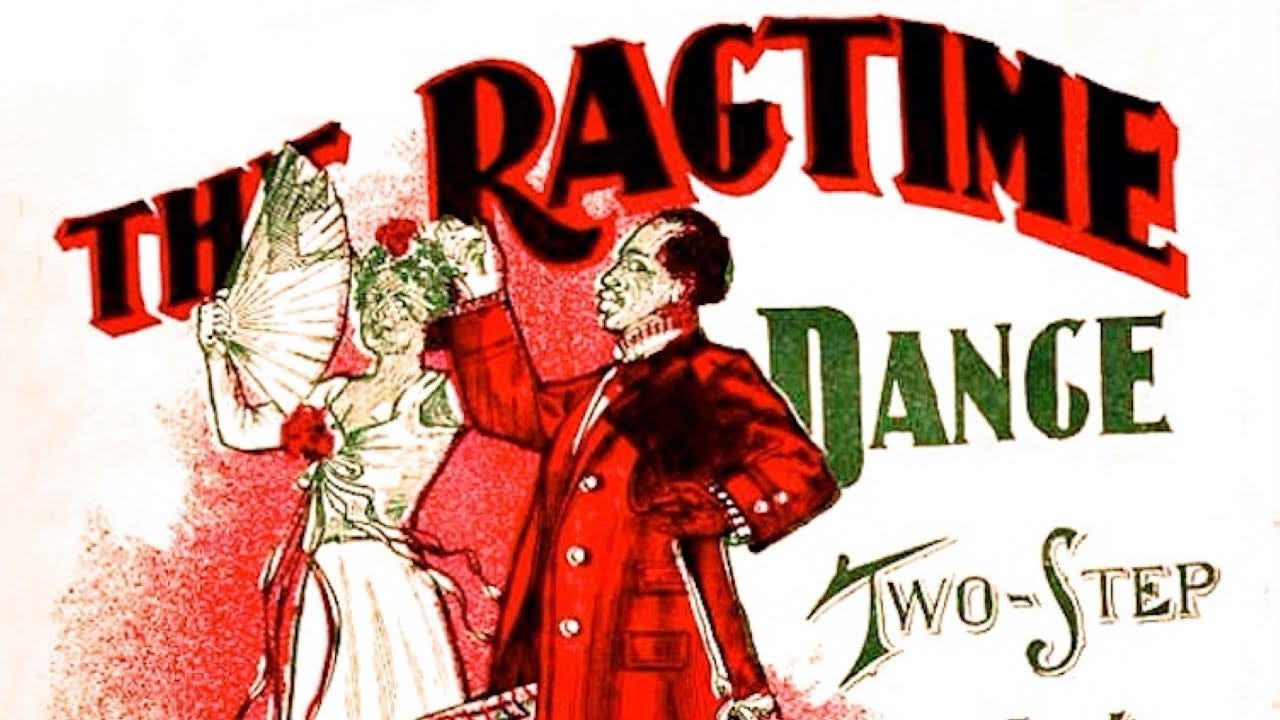
A few weeks ago my friend, the pianist and conductor, Benjamin Loeb, started streaming concerts from his living room of ragtime and classical piano pieces. I’ve enjoyed them immensely because it reminded me of a form of music that was one of the reasons I got into music as a child.
The movie The Sting came out when Ben and I were kids, and Scott Joplin’s rag, The Entertainer, performed by Marvin Hamlisch, inexplicably yet wondrously climbed to the top ten of the pop charts! It’s so amazing and heartwarming to me that a piece written in 1902 would again become a hit 72 years later! I distinctly remember hearing it on the radio while in the car and begging my parents to TURN IT UP! They bought me the album and I played it non-stop. In listening to it now for this article, I didn’t remember that Hamlisch had added a very light and tasteful orchestrations by the composer, Gunther Schuller.
This phenom sparked a renewed interest in Ragtime, particularly the music of Scott Joplin, who was undoubtedly it’s most well-known proponent and great musical minds like the composers and performers Gunther Schuller, William Bolcom, and William Albright helped to deepen our knowledge of our music through their wonderful interpretations of the rags written nearly a century ago as well as composing new rags of their own.
Ragtime, like Jazz, is a completely American music and predates Jazz a little. While there are certainly comparisons between the two, I would argue that one doesn’t beget the other. Ragtime’s harmonic language and structure is clearly rooted in Western European music, while Jazz’s harmony and freer structure is an outgrowth of the Blues and Spirituals. For a great article about Ragtime, I highly suggest reading this from the Library of Congress; History of Ragtime.
Given that musical tastes can change on a dime, Ragtime actually enjoyed quite a long run of popularity, reaching the broader public’s attention during the Chicago World’s Fair of 1893 and fading into obscurity during WWI, an approximate 25-year run…not bad!
During these 25 years there were numerous composers of ragtime aside from Scott Joplin. Here are just a few.
Charles Hunter (1876–1906)
Tom Turpin (1871–1922)
Charles L. Johnson (1876–1950)
When we think of Ragtime, of course, Scott Joplin’s name is practically interchangeable with it, but Joplin’s ambitions went far beyond the one musical style for which he was identified. In 1911 Scott Joplin completed his opera, Treemonisha. It contains a wealth of musical style, including Ragtime, but it was never performed during his lifetime. We have Gunther Schuller to thank for resurrecting this masterpiece and giving its world premiere in 1972. It received a posthumous Pulitzer Prize in 1976.
Probably my favorite recordings of the Joplin’s rags are by William Albright. He doesn’t play the rags too fast, allowing their intricacies and unique qualities to shine.
And I’ll leave you with what I consider being one of the greatest American compositions in any genre ever written. Scott Joplin’s Solace — A Mexican Serenade, composed in 1909.
